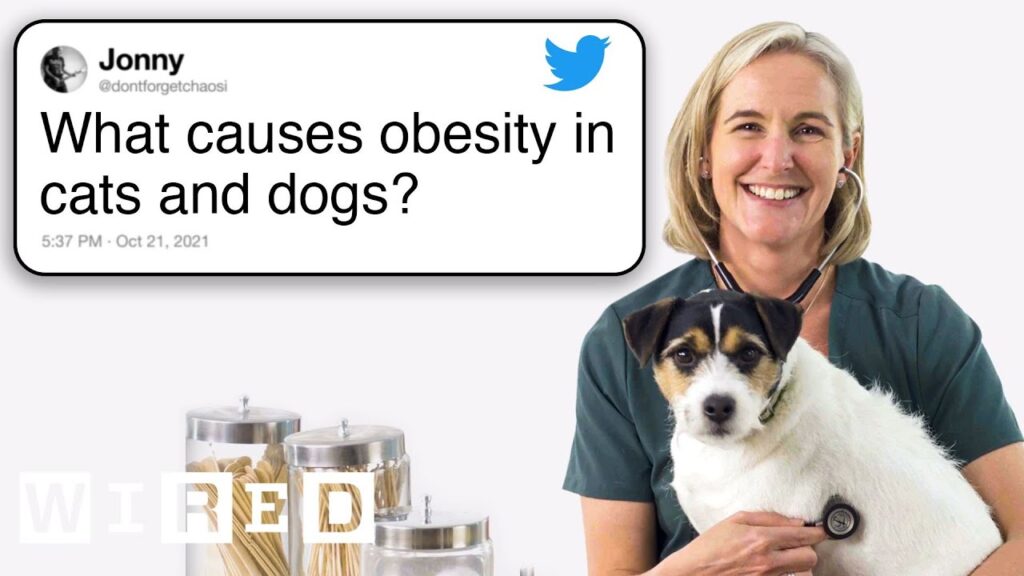The Health Implications of Network Behavior
Summary
In this article, we explore the health implications of network behavior and how it affects smoking habits. We discuss the research findings on smoking behavior and how it is influenced by the social networks individuals belong to.
Table of Contents
- The Mystery of Smoking Behavior
- The Network Story of Smoking Behavior
- The Impact of Network Behavior on Health
The Mystery of Smoking Behavior
Smoking has been a long-standing public health concern, with efforts to reduce smoking rates dating back several decades. While there has been some success in reducing smoking rates, the decline has stalled at around 20% of the population still smoking. This has led to questions about why it has been difficult to reduce smoking rates further.
The Network Story of Smoking Behavior
Research has suggested that smoking behavior is influenced by social networks. Smokers tend to be clustered in networks that are not connected to non-smokers, which means that non-smokers cannot catch non-smoking behavior from smokers. This has been likened to a wedding banquet scenario, where individuals leave the banquet at the sound of a bell. In one scenario, individuals leave the banquet in a smooth, homogeneous manner, while in the other scenario, whole groups of individuals leave simultaneously, leaving some tables with no one leaving.
The Impact of Network Behavior on Health
The findings of this research have significant implications for public health. It suggests that public health campaigns that target individuals may not be as effective as those that target social networks. By targeting social networks, it may be possible to influence behavior change in a more significant way. This could lead to a reduction in smoking rates and other health behaviors that are influenced by social networks.
Conclusion
In conclusion, the research on smoking behavior highlights the importance of understanding the influence of social networks on health behaviors. By targeting social networks, it may be possible to influence behavior change in a more significant way, which could lead to improved health outcomes.






